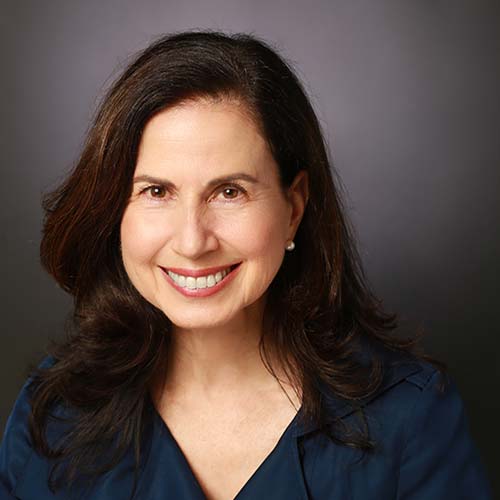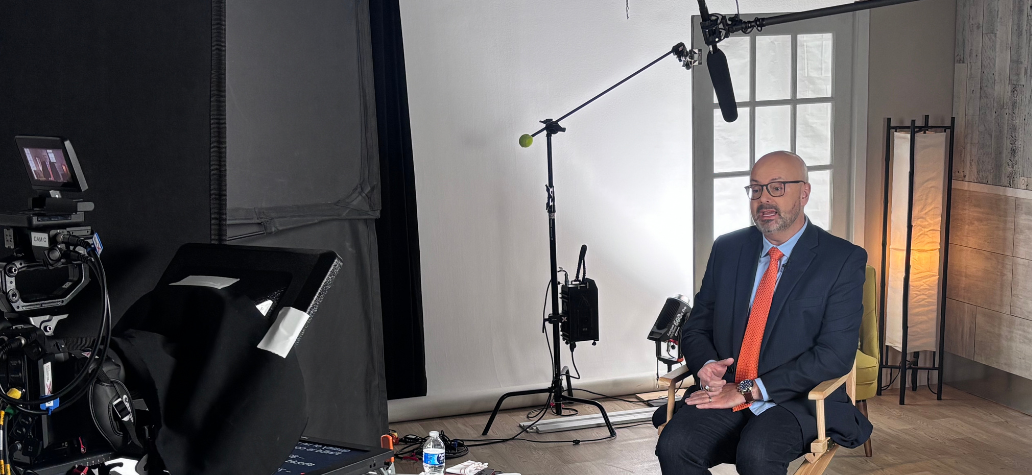Focus on Fin Ed: The Policy Convenings Podcast - Episode Seven
The final episode of our limited series is a conversation between the heads of the two organizations who hosted the convenings – Dr. Billy Hensley (NEFE) and Nan Morrison (CEE). The two leaders discuss the behind-the-scenes work that went into developing the convenings, and how the right topics and the right stakeholders truly made the outcomes what they were.
Topics we cover in this episode
- The benefits of having a diverse audience with different views on the topics.
- The role the pandemic played in the discussions and who participated.
- A preview of NEFE’s and CEE’s partnered advocacy work on K-12 financial education requirements.
- How this work relates to CEE’s 2022 “Survey of the States” Report.
On the benefit of expanding the audience to bring in ‘new voices’…
“Topics that are adjacent to direct FinEd can really inform our work.” [Hensley, 3:54]
On the keys to making a significant impact…
“Financial education, I like to say, is just one tool in the toolkit to get to the broader good." [Morrison 12:24]
On financial education advocacy approaches…
“Support from the ground up – at the teacher and district level – can make a big difference.” [Morrison, 19:13]


